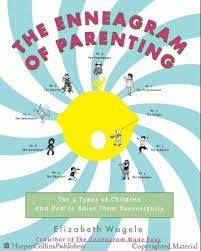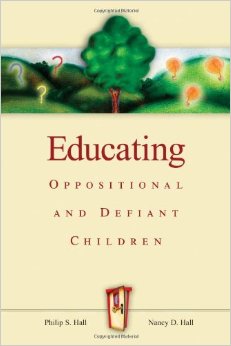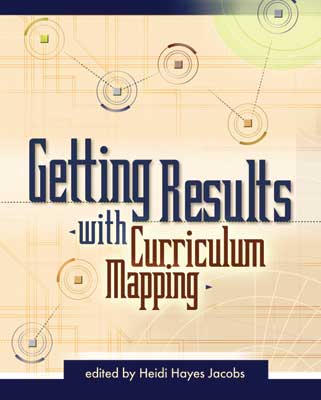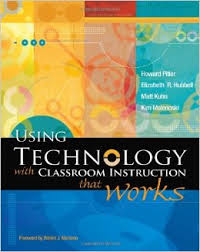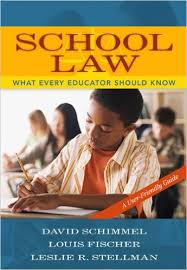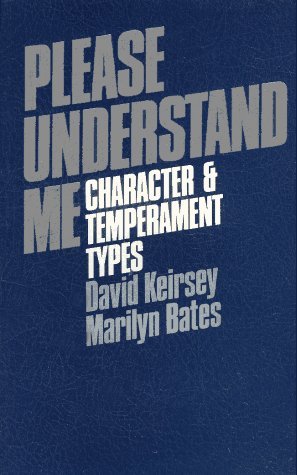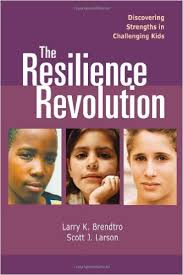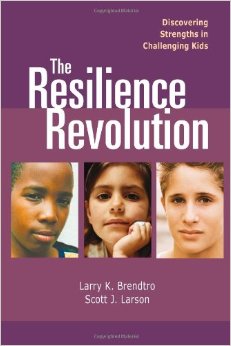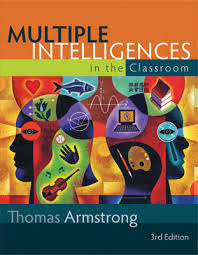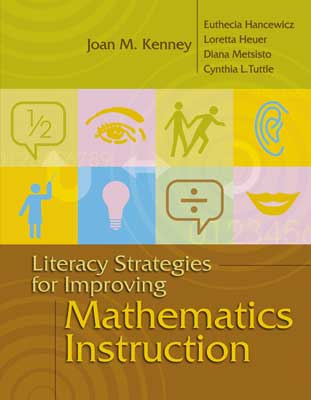“The course I took was perfect for me as I am trying to write some Health curriculumwith two other Health teachers in the building. Teaching in Special education and regular ed allows me to see subjects from both sides. Instead of doing the two page paper at the end I chose to write a differentiated lesson plan for my Health class as that will be beneficial to me. Great course. I have recommended to a few others as well.Rubric for grading. My writing assignment corresponds with A/B grade area.”
- 1 Credit -
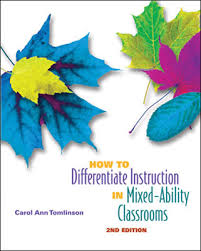
1 Semester Credit
(post-baccalaureate
PD credits for re-certification and
pay-lane increases)
- accredited nationwide
- start any time
- up to 5 months to complete
- independent study
- all course materials included with course tuition
- view FAQ
Course Description
This course will provide examples of field-tested strategies on how to succeed in today's increasingly diverse classrooms. Educators will learn proven techniques on how to match instructional approaches to the readiness, interests and talents of all students. Teachers will examine learning centers, hands-on activities, contracts, and investigative projects. Educators will learn new ways of structuring lessons to provide "scaffolds" for lesson content and their learning projects. Educators will develop a written paper, lesson plans or activities for classroom applications and student achievement.



$225
1 Semester Graduate Credit
Item categoryed501page3 not found.Item ma-categoryed501page3 not found.Item categoryed501page32 not found.Item ma-categoryed501page32 not found.
Differentiated Instruction in Mixed-Ability Classrooms
- 1 Graduate Credit -



Course Objectives
- Educators will learn how differentiated instruction for mixed-ability groups applies to instructional strategies. State or local academic standards are also addressed.
- Teachers will examine the role of the teacher in a differentiated classroom setting.
- Learners are presented with strategies for managing a differentiated classroom and preparing students and parents for a differentiated classroom approach.
- Educators will learn to plan differentiated lessons by readiness, interest and learning profiles for classroom implementation.
- Teachers will be able to differentiate content, process, educational products and grading assessments in classrooms with mixed ability learners.
Credit Hours
1 Semester Credit (post-baccalaureate professional development credit)
Course Instructor
Joseph C’de Baca MaEd.
Grade Type
University Transcript: Click Here For Details
Differentiated Instruction in Mixed-Ability Classrooms
What Others Are Saying About This Course
Christine W. – CO –
“Thank you. I am looking forward to the next course. The independent study format works so well for me. I’m grateful that it is available.”
Elizabeth S. – MT –
“I have loved this course, and thank you for putting it out there!Please let me know if you need any more information from me, or would prefer any of this in a different format.And to be perfectly clear, once this course work has been evaluated and turned in to the University, one transcript will reflect both courses I have taken?Thank you so much.”
Nancy M. – NY –
Erik K. – ID –
“I learned a tremendous amount from this course and it will improve the quality of my classes in the coming year. Thank you for making this course available.“
Patrick J. – NH –
“Thank you for the confirmation email and for offering such an accessible and engaging course. If there are snail mailings for your courses I would be more than happy to post them around our SAU. Between the middle school, high school, our charter and vocational school we have over 200 full time teachers. This total does not include admin, para-professionals or any faculty from our 8 sending elementary schools. Anyways, I am happy to post signage and pass the professional word. “
TLC Testimonials

